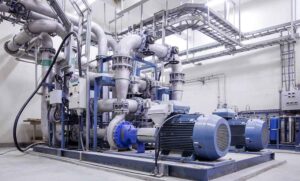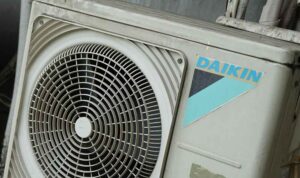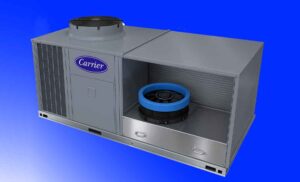Concern over high AC refill rates in India
17th September 2025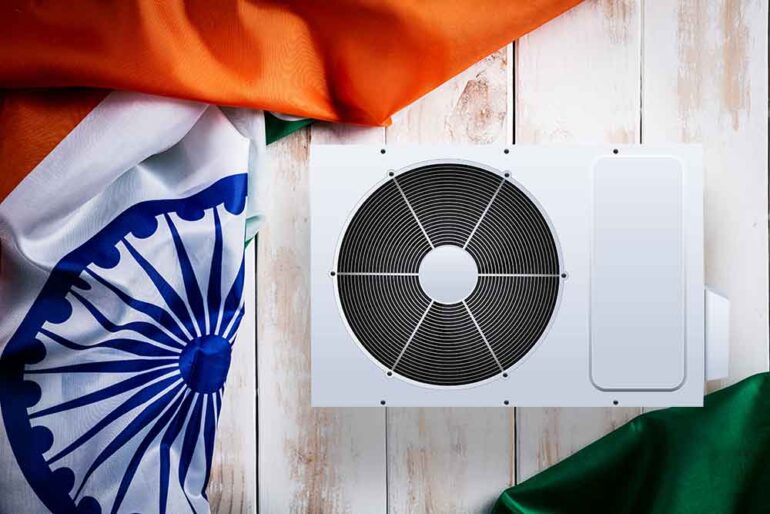
INDIA: A new report into India’s rapidly growing residential air conditioning market, and its potential effects on global warming, has revealed refrigerant refill rates far higher than the global norm.
According to the report by Delhi-based independent research company, International Forum for Environment, Sustainability & Technology (iFOREST), about 80% of residential air conditioners in India that are more than five years old require refilling annually.
With India’s residential air conditioning stock expected to at least triple to around 245 million units by 2035, the detrimental effects on the environment, if the report is correct, cannot be understated.
The iFOREST report maintains that servicing is now synonymous with refrigerant refilling in India. Its survey of over 3,100 households across seven major cities reveals that about 40% of all ACs in India are refilled annually. Even one-third of newer ACs – those less than five years old – are refilled every year.
This refill rate is estimated to have required 32,000 tonnes of refrigerant in 2024, costing the consumer US$800m.
In response to the Kigali Amendment, India is transitioning towards R32 and other low-GWP gases, however, a large share of the existing stock still relies on R410A.
On an environmental level, these refill refrigerants are estimated to be equivalent to 52 million tonnes of CO2e in 2024. Total GHG emissions from ACs (including refrigerant release and electricity consumption) in 2024 were 156 million tonnes CO2e.
These frequent refrigerant refills raise critical questions about the quality of the equipment and the services in the Indian market, in addition to user operation and maintenance practices.

Manufacturers in the Indian market typically give one-year in-warranty coverage and 2 to 5 years of extended warranties on ACs, but these warranties don’t include refrigerant refills.
Not surprisingly, unnecessary refrigerant refilling is revealed as the dominant AC service complaint, with 68% of consumers declaring this as an issue.
Essential appliance
Air conditioners are now seen as essential appliances in India. Of the households owning AC, nearly 87% own just one AC.
ACs of 1 to 1.5TR are most common, accounting for over 90% of total ACs in Indian households. Nearly 98% of households have 3-star to 5-star rated ACs.
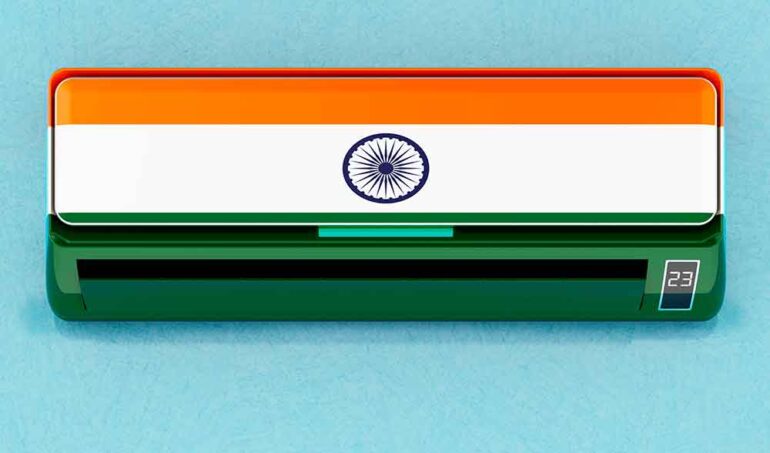
A consistent trend observed in the report was that the most preferred temperature setting nationally is 23 to 25°C, with about 67% of households setting their AC above 23°C. On average, over the year, Indian householders operate their air conditioner for four hours per day.
The iFOREST report is critical of India’s Cooling Action Plan – which targets a 25-30% reduction in refrigerant demand by 2037-38 – as lacking in regulations and enforcement mechanisms to prevent refrigerant leakage and ensure environmentally sound disposal.
While, the E-Waste (Management) Rules include provisions for environmentally sound disposal of refrigerants, iFOREST argues that there is no information on implementation.
It insists that India needs comprehensive rules and enforcement mechanisms for Lifecycle Refrigerant Management – from filling equipment to servicing and end-of-life disposal. It also recommends an Extended Producer Responsibility (EPR) obligation for AC manufacturers.


